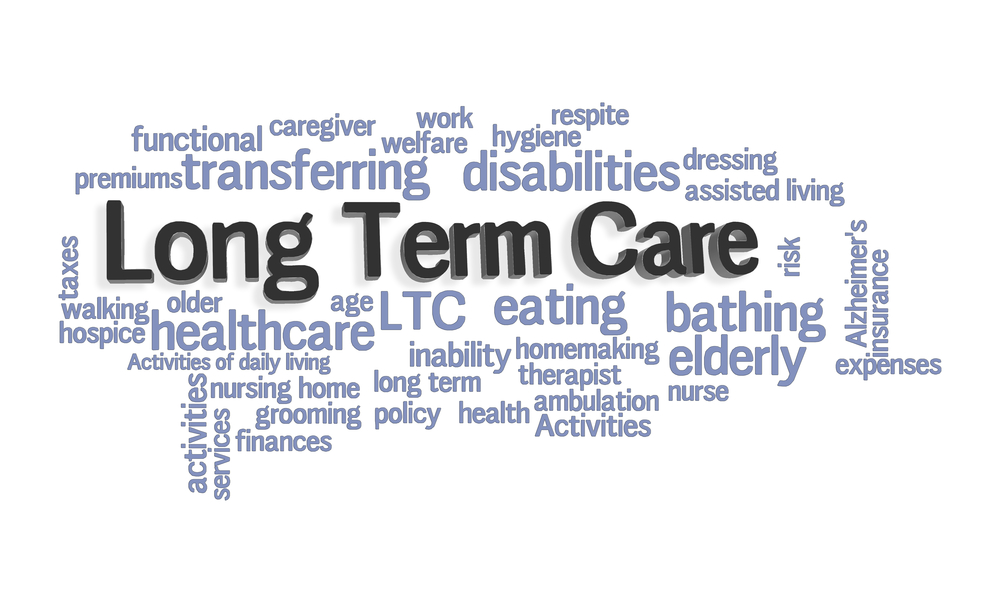Creating a last will and testament is an important component of estate planning, but it can also be one of the most confusing aspects of probating or administering an estate.
A will does not expire but identifying different versions that replaced an older one or finding a will that at some point was revoked can be very important to heirs and beneficiaries.
Finding a binding and valid will years after another one was really created, could revoke certain provisions and lead to different estate circumstances.
Whether or not a will is valid could alter over time based on the property and the assets of the estate owner. The estate owner might have to create a new will with updates to ensure that an agent will execute the wishes of the person after he or she passes away.

A revocation or a replacement will could be used to alter plans significantly. Once the new will is created and valid, the previous will is no longer viable.
Plenty of estate owners will make updates to their will based on changes in the estate that occur over time, such as bank account, property holdings, investments and other assets within the estate. Others might put liabilities in the will. It is important to understand that as the writer of a will, you have a responsibility to be directly involved in revoking the previous will. You can explain your intention to revoke the will or revoke it physically by destroying it. Scheduling a consultation with an experienced estate planning lawyer could be the first step towards figuring out what to do when you have an existing will in place and intend to change it.












